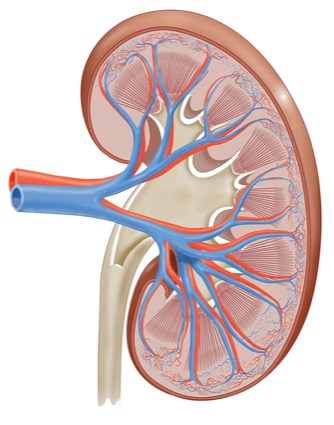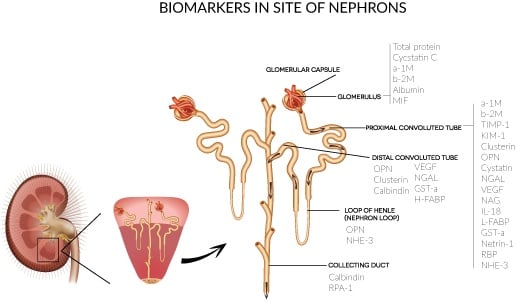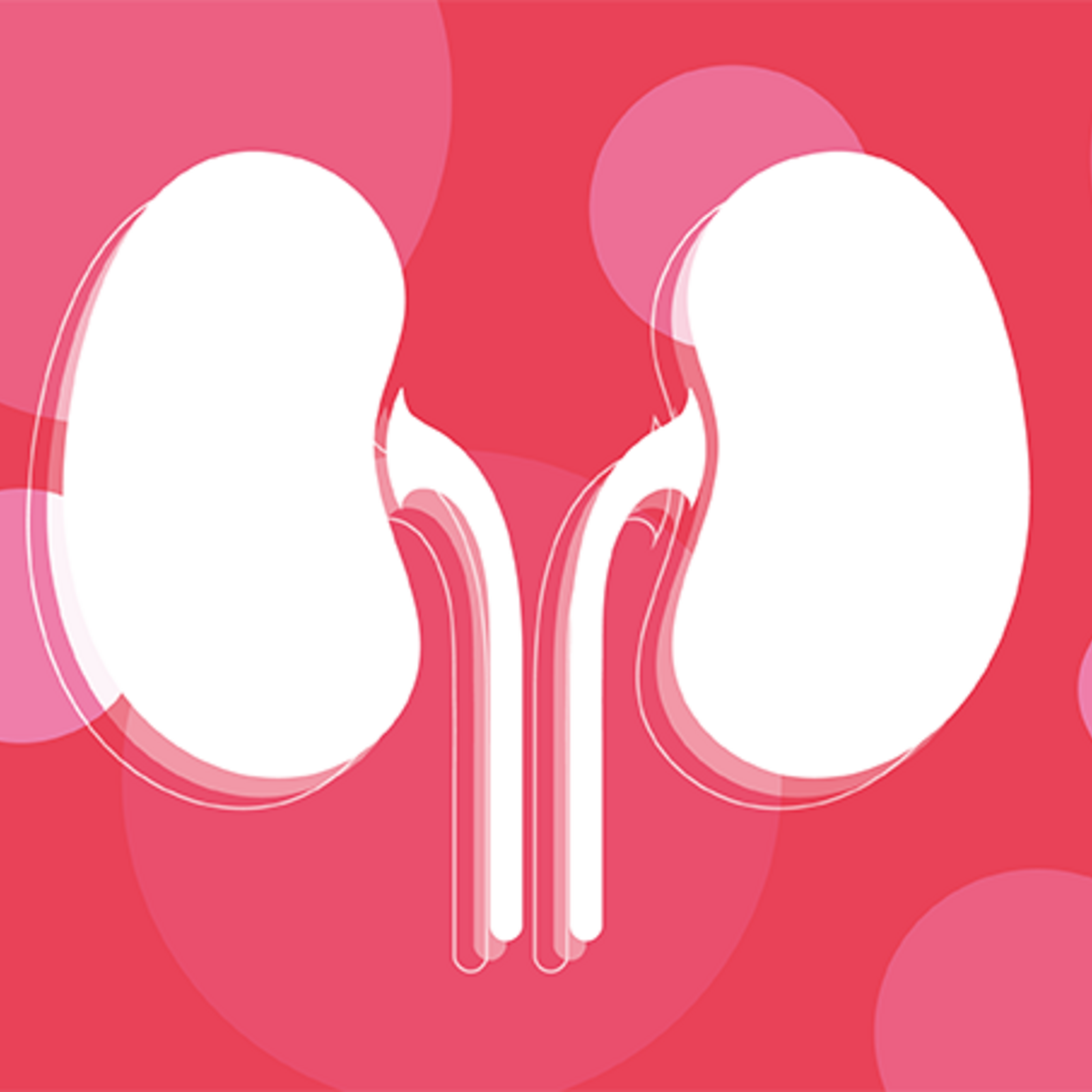The Rise and Fall of NGAL in Acute Kidney Injury
$ 7.99 · 4.8 (679) · In stock

The nature and cellular sources of NGAL, its biological role and diagnostic ability in AKI and the increasing concerns surrounding its diagnostic and clinical value are described. For many years, neutrophil gelatinase-associated lipocalin (NGAL) has been considered the most promising biomarker of acute kidney injury (AKI). Commercial assays and point-of-care instruments, now available in many hospitals, allow rapid NGAL measurements intended to guide the clinician in the management of patients with or at risk of AKI. However, these assays likely measure a mixture of different NGAL forms originating from different tissues. Systemic inflammation, commonly seen in critically ill patients, and several comorbidities contribute to the release of NGAL from haematopoietic and non-haematopoietic cells. The unpredictable release and complex nature of the molecule and the inability to specifically measure NGAL released by tubular cells have hampered its use a specific marker of AKI in heterogeneous critically ill populations. In this review, we describe the nature and cellular sources of NGAL, its biological role and diagnostic ability in AKI and the increasing concerns surrounding its diagnostic and clinical value.

Biomarker Panel May Help Predict Kidney Damage in Patients With

Assessment of Cell-Cycle Arrest Biomarkers to Predict Early and Delayed Acute Kidney Injury

Neutrophil gelatinase-associated lipocalin does not originate from the kidney during reperfusion in clinical renal transplantation, Intensive Care Medicine Experimental

The Rise and Fall of NGAL in Acute Kidney Injury

Novel Biomarkers Detecting early-stage Acute Kidney Injury (AKI)

Renal system 2: acute kidney injury and other types of kidney

Biomarkers of Common Childhood Renal Diseases

Neutrophil Gelatinase-Associated Lipocalin for Acute Kidney Injury

Detecting Acute Kidney Injury with NGAL

IVD Antibody & Immunoassay Development Services for NGAL Marker - Creative Biolabs









